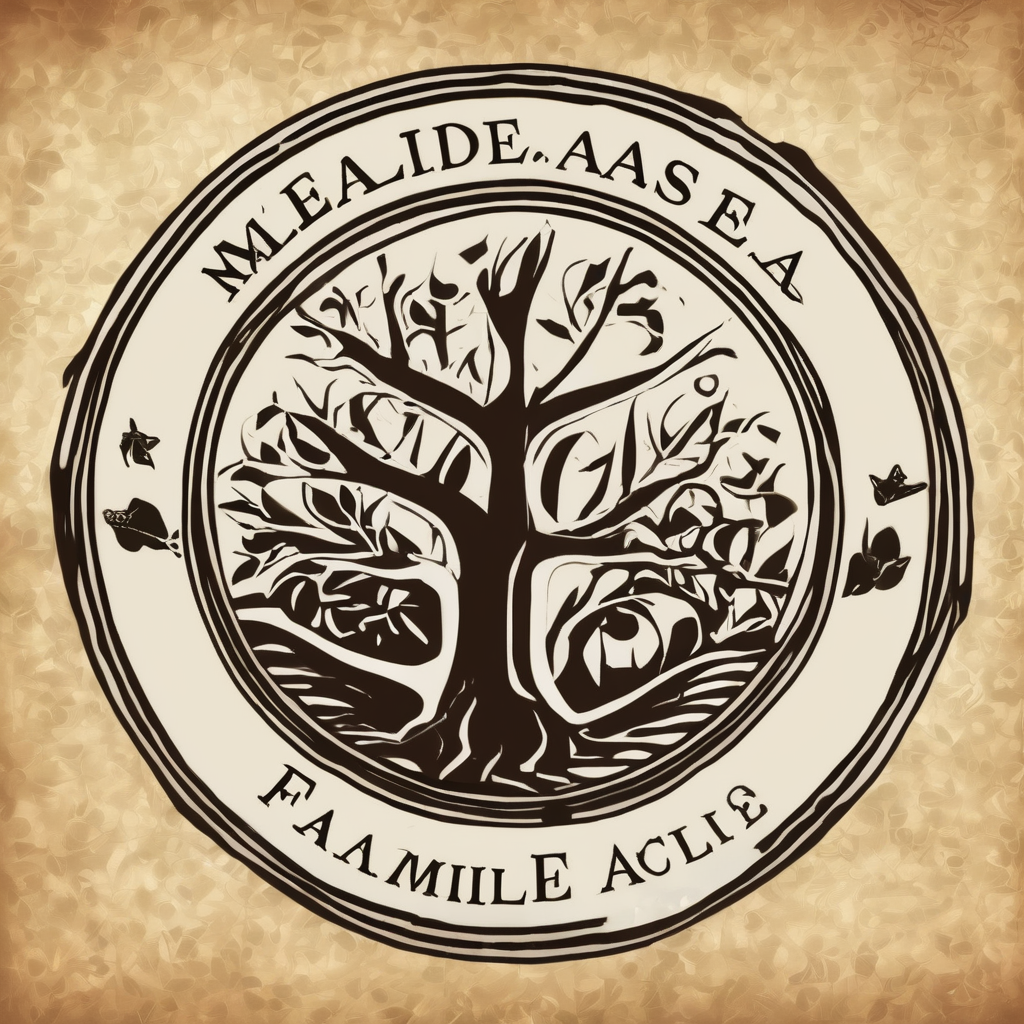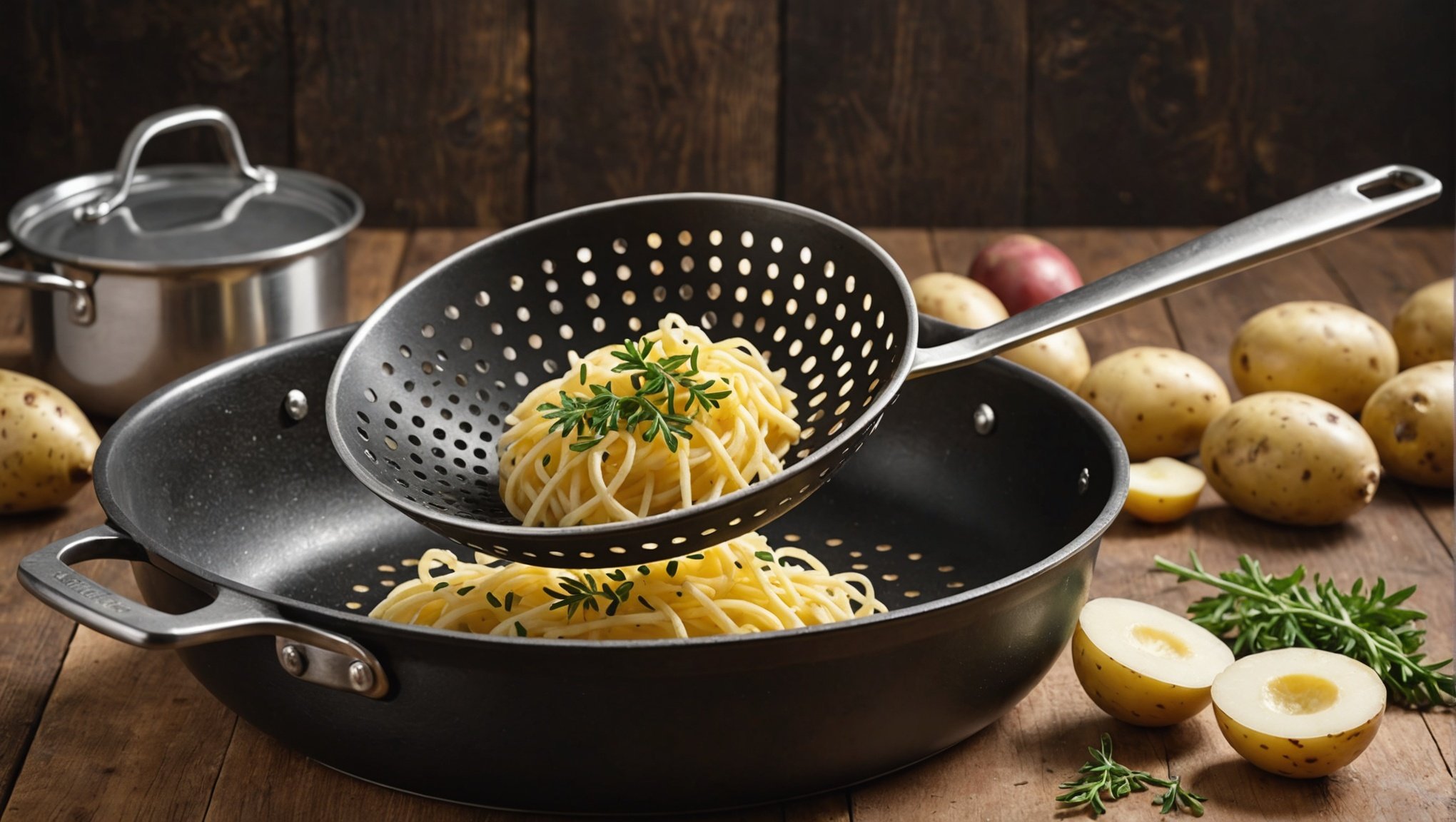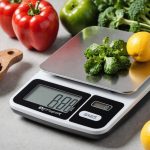Finding the right potato masher can be challenging, especially when you want to protect your non-stick cookware. Selecting a scratch-free option is essential for maintaining both the longevity of your kitchen tools and the quality of your meals. This guide offers valuable insights into what to look for, essential features, and expert tips to help you make a well-informed decision. Say goodbye to scratches and hello to smooth mashed potatoes!
Understanding Scratch-Free Materials
When selecting a scratch-free potato masher, understanding the materials used is crucial for maintaining the integrity of your non-stick cookware. Common materials include silicone, nylon, and plastic, each offering unique benefits.
Also read : Top Digital Scales for Accurate Ingredient Measurement: Your Essential Tool for a Successful Slimming Diet
Silicone is a popular choice due to its flexibility and heat resistance, making it ideal for use with delicate surfaces. It withstands high temperatures without melting or warping, ensuring longevity and safety. Nylon, on the other hand, provides a balance of strength and flexibility. It’s robust enough to handle tough potatoes yet gentle enough to avoid scratching your cookware.
Plastic mashers are lightweight and affordable, but it’s essential to choose BPA-free options to ensure food safety. BPA, or bisphenol A, is a chemical found in some plastics that can leach into food, posing health risks. Opting for BPA-free utensils eliminates this concern.
In the same genre : Top Digital Scales for Accurate Ingredient Measurement: Your Essential Tool for a Successful Slimming Diet
Moreover, heat resistance is a significant factor to consider. High-quality materials won’t degrade or release harmful substances when exposed to heat, ensuring your mashed potatoes remain safe to eat.
In summary, choosing the right material for your potato masher not only protects your cookware but also ensures the safety and quality of your food. Prioritizing BPA-free and heat-resistant options will provide peace of mind in your kitchen adventures.
Types of Potato Mashers and Their Suitability
When it comes to choosing the right potato masher, understanding the various types and their compatibility with non-stick cookware is essential.
Traditional Metal Mashers
Traditional metal mashers are known for their durability and efficiency. They are excellent for mashing large quantities of potatoes quickly. However, they can scratch non-stick cookware if not used carefully. Opt for models with a coated or rounded edge to reduce the risk of damage. Metal mashers are ideal for those who prioritize speed and robustness in their kitchen tools.
Silicone Mashers
Silicone mashers are perfect for non-stick cookware, offering flexibility and gentle handling. They prevent scratches while providing enough strength to mash effectively. These mashers are heat-resistant, making them suitable for various cooking styles. They are the ideal choice for cooks who want to protect their cookware without compromising on performance.
Electric Mashers
Electric mashers bring convenience to the kitchen, automating the mashing process. They are generally safe for non-stick surfaces if equipped with silicone or plastic attachments. The downside is they require power and can be bulkier than manual options. Electric mashers are suitable for those who value ease and speed over manual control.
Top Recommendations for Scratch-Free Potato Mashers
When it comes to choosing the best potato masher, selecting a top-rated non-stick masher can make all the difference in your cooking experience. Here, we review popular scratch-free potato mashers, highlighting their features and specifications.
OXO Good Grips Silicone Masher
The OXO Good Grips Silicone Masher is highly praised for its ergonomic design and non-slip handle, making mashing comfortable and efficient. Its silicone head ensures compatibility with non-stick cookware, preventing scratches. Users appreciate its sturdy construction and ease of cleaning, often rating it as a top choice in best potato masher reviews.
Joseph Joseph Delta Folding Masher
The Joseph Joseph Delta Folding Masher stands out with its innovative folding design, perfect for compact storage. Its nylon head is safe for non-stick surfaces, and the masher’s unique shape allows for efficient mashing. Many users commend its practicality and space-saving feature, making it a favourite among those with limited kitchen space.
Zyliss Stainless Steel Potato Masher
For those who prefer a traditional feel, the Zyliss Stainless Steel Potato Masher offers a robust option with a coated head to protect non-stick pans. It combines the strength of stainless steel with a non-stick-friendly design, receiving high marks for durability and performance in user feedback.
Care and Maintenance Tips for Potato Mashers
Proper potato masher care is essential for maintaining both the tool and your non-stick cookware. By following a few best practices, you can extend the lifespan of your kitchen essentials.
Cleaning Practices
To keep your potato masher in top condition, wash it immediately after use. Use warm, soapy water and a soft sponge to gently clean the masher, especially if it’s made of silicone or nylon. Avoid abrasive scrubbers and harsh chemicals that could damage the material or leave residues harmful to your cookware. For stubborn food particles, soak the masher in warm water before cleaning.
Protecting Non-Stick Surfaces
When using your masher, ensure you apply even pressure to prevent scratching. Avoid using metal mashers on non-stick surfaces unless they have a protective coating. Always check for any wear and tear that might expose metal edges.
Storage Recommendations
Store your masher in a dry place to prevent moisture damage. If space is limited, consider models with folding designs for compact storage. Hanging mashers on a utensil rack can also help maintain their shape and avoid unnecessary pressure on delicate parts. Regularly inspect your masher for any signs of damage to ensure it remains safe for use.
Frequently Asked Questions
When it comes to using a potato masher, many have questions about the best practices for maintaining non-stick cookware. Let’s address some common concerns and misconceptions.
Are metal mashers safe for non-stick cookware?
Using metal mashers on non-stick surfaces can be risky. Metal can scratch and damage the coating, leading to reduced non-stick performance. If you prefer metal mashers, opt for those with a protective coating or rounded edges to minimise the risk of scratching. Alternatively, consider silicone or nylon mashers, which are inherently safer for delicate surfaces.
What are the safety concerns with masher materials?
The main concern with masher materials is the presence of BPA in some plastics. Always choose BPA-free options to ensure food safety. Silicone and nylon are generally safe and don’t leach harmful chemicals, even when exposed to high temperatures. Ensuring your masher is made from high-quality, heat-resistant materials will protect both your health and your cookware.
How can I troubleshoot issues with my masher?
If your masher is leaving residues or not mashing effectively, inspect it for wear and tear. Replace any damaged or worn parts. For cleaning, soak in warm, soapy water to remove stubborn food particles. Regular maintenance will ensure your masher performs optimally without compromising your cookware.






